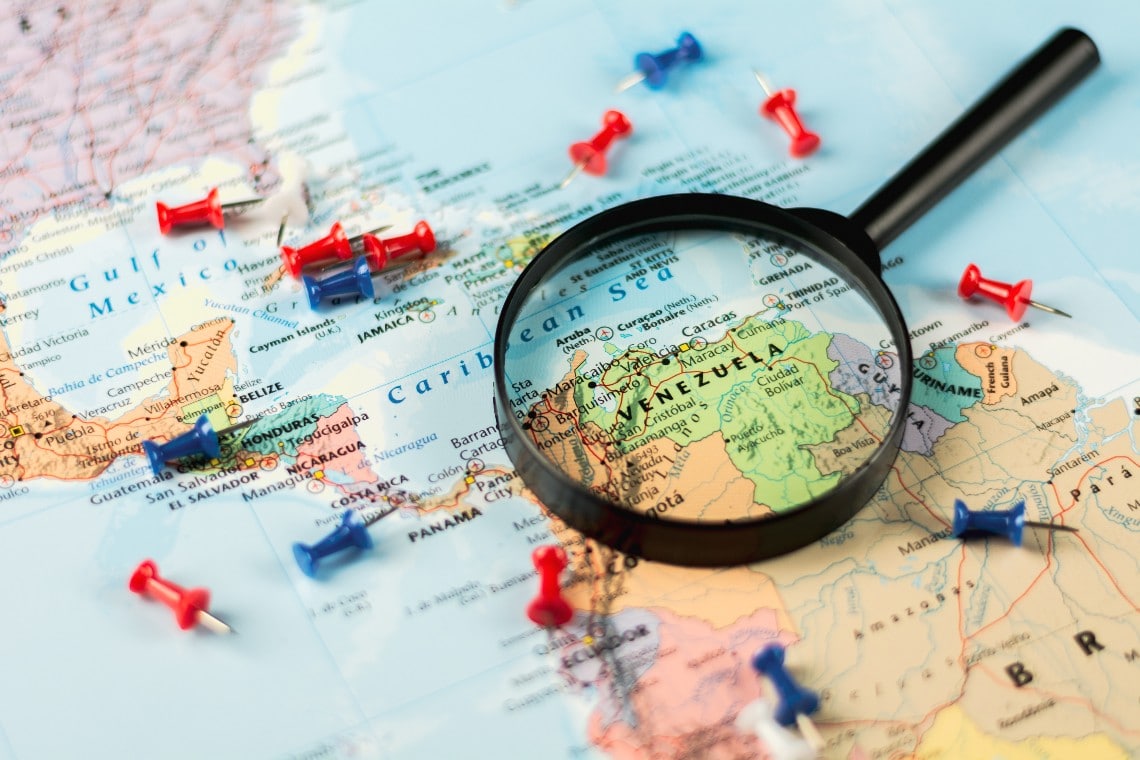President Nicolás Maduro has announced that 2021 will be the year of Petro, the digital currency of Venezuela.
The President also promised to pursue a “100% national digital economy” agenda through a “complete digitization process”. This process will transform the economy in the next 12 months.
Maduro talked about a renaissance for the Petro in an annual speech at the National Assembly, a cryptocurrency that some experts have claimed has thus far failed as a token that has been applied previously.
The digital currency of Venezuela: Petro (PRT)
This digital currency was born in 2018 when Maduro announced it to save the country against the huge inflation that is still hitting the Bolivar.
For the same reason, Venezuelan citizens are famous to prefer cryptocurrencies for their daily life, using mainly Bitcoin and Dash.
Especially Dash, in fact, appears to be the favourite method of payment in Venezuela thanks to its speed and low fees.
Venezuela economic recovery
He spoke of sparking an economic recovery, using popular cryptocurrency and blockchain technology. And he stated:
“The revival of the use of Petro, of all cryptocurrency systems, the use of blockchain technologies, the development of the Patria system, and the generation of new applications will set the tone for 2021, as will the use of blockchain technology in different sectors […] and the development of new applications that will provide solutions to specific problems”.
He discloses that 77% of trade transactions in the country are made via digital solutions in bolivar and 20% in cash. Also the country’s crypto-remittance platform has 21.2 million people registered now.
Maduro added that Caracas would also look to provide new functionality to the crypto-powered Patria platform, which allows Venezuelans to receive crypto remittances from overseas.
He also announced that this year the Venezuela government is going to facilitate the use of means of payment in national currency for public transport and all businesses, through payment systems that do not require an online connection.



